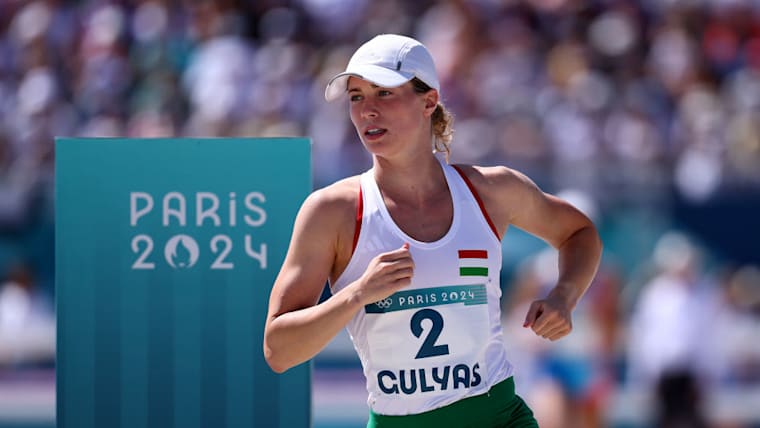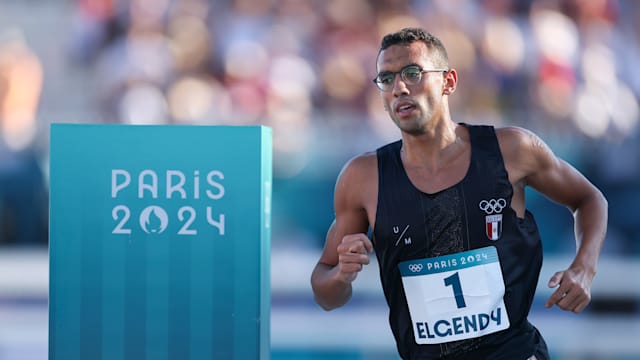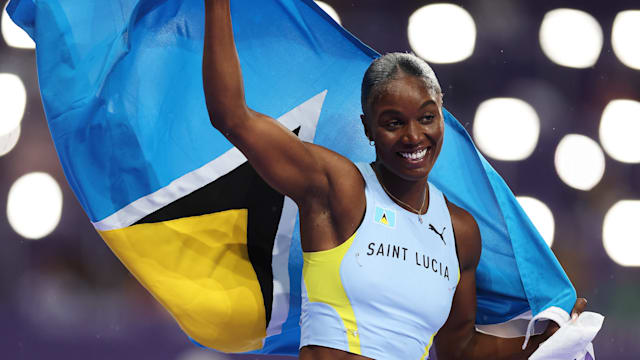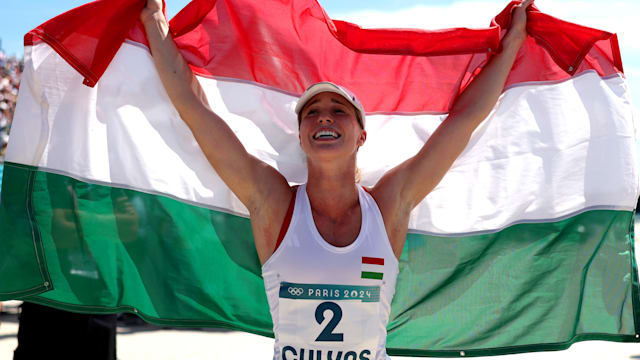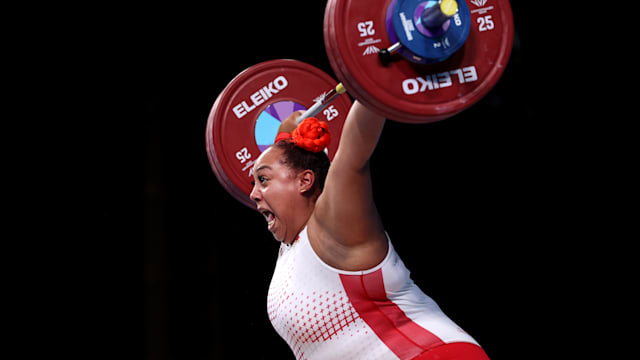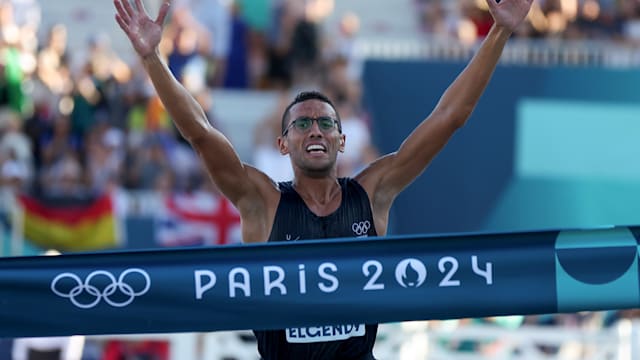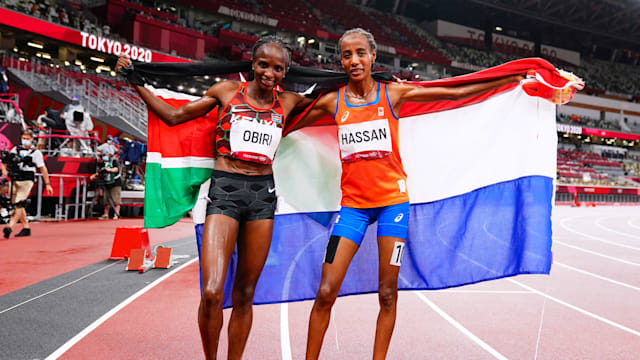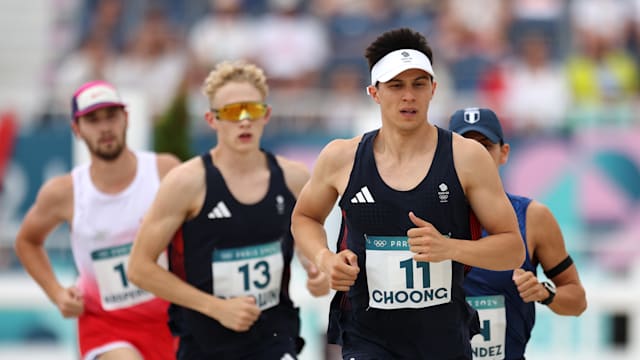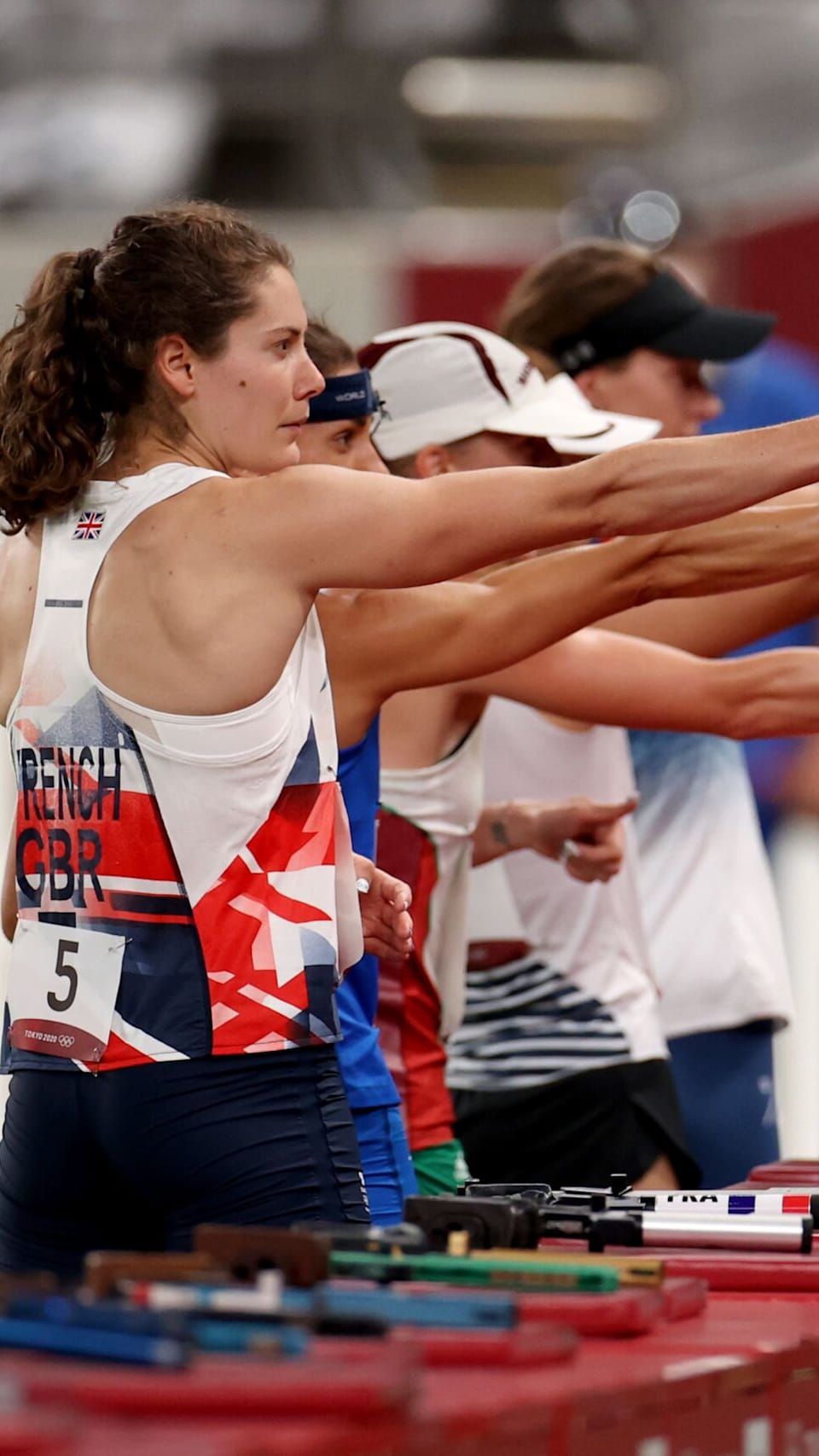
Modern Pentathlon
Best of Paris 2024
News
1/2
MODERN PENTATHLON - SPORT EXPLAINER PRESENTED BY ALLIANZ
Modern Penthatlon
The modern pentathlon is the successor to the ancient pentathlon, which comprised running, jumping, javelin, discus and wrestling. Baron Pierre de Coubertin, founder of the modern Olympic Games, highly appreciated the pentathlon of the ancient Games. He proposed a similar competition that would test the strengths of a “complete” athlete, but involve more modern disciplines. The growing popularity of this sport resulted in the foundation of an international federation, the Union Internationale de Pentathlon Moderne (UIPM), in 1848. It currently has over 120 member nations.
Brief overview of the rules
Modern pentathlon is made up of four events combining five sports:
- Riding, with a show jumping course on an unfamiliar horse that the athlete is allocated in a draw just 20 minutes before they compete.
- Fencing, which is split into two rounds: a ranking round where each athlete competes against each other athlete in a bout lasting one minute or until the first hit, and a second round based on the results of the first round. The format of the second round is single elimination, with each bout lasting 45 seconds. Points are scored for winning each bout.
- Swimming, with a 200m freestyle event.
- Running and shooting, with a laser-run where athletes alternate between running and shooting at five targets from a distance of 10m.
The modern pentathlon is divided into two sections. Firstly, athletes score points according to how they rank in the fencing, riding and swimming events, which decide their starting position for the laser run event. Secondly, during the laser-run, athletes start with a delay corresponding to the number of points between them and the leader. The first athlete to cross the finish line in the laser-run wins the gold medal.
Due to the diverse nature of the events involved, modern pentathlon is an extremely demanding sport that pushes athletes to their mental and physical limits and requires an exceptional variety of skills.
Olympic history
Modern pentathlon was introduced to the Olympic programme in 1912 by Baron Pierre de Coubertin. Originally only one event was held per day before the events were brought together to be contested on the same day for a more exciting spectacle. The women’s event was introduced at the 2000 Olympic Games in Sydney. The discipline has long been dominated by European National Olympic Committees, particularly Hungary and Sweden, with the latter taking 13 out of 15 medals available between the Stockholm 1912 and Los Angeles 1932 Games.
